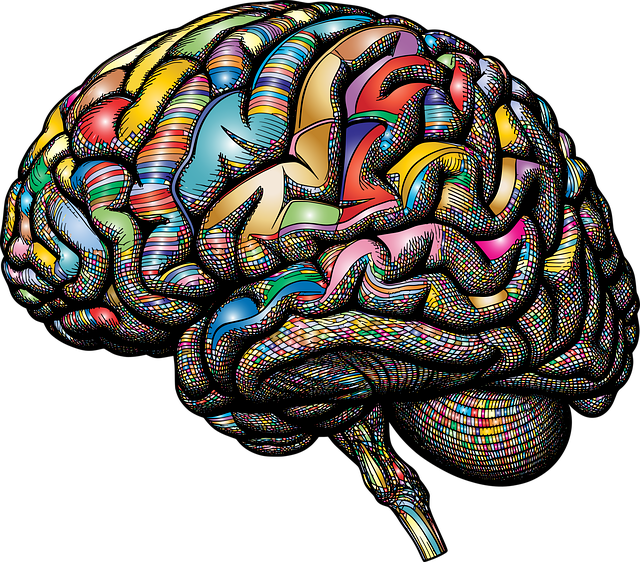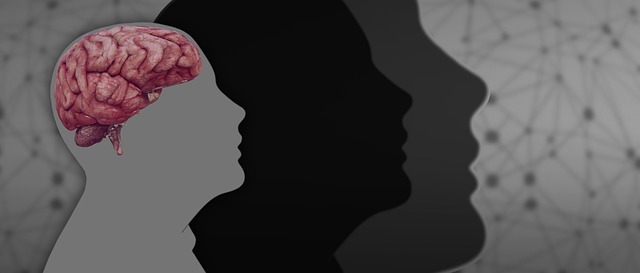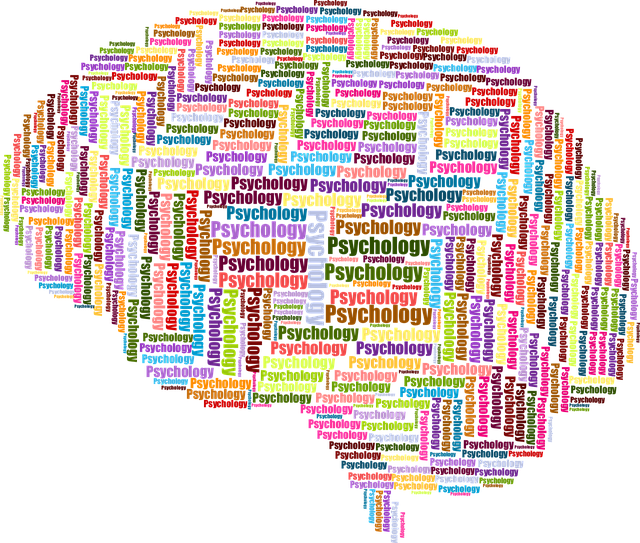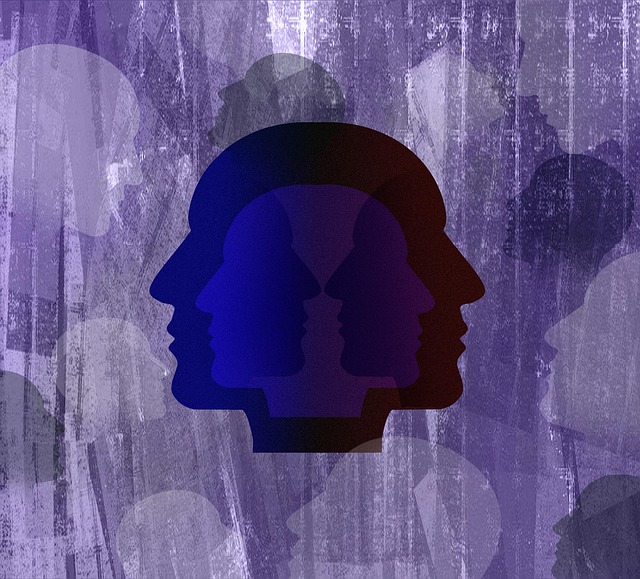Anxiety, a common yet disruptive emotion, can be managed through therapy for functional neurological disorders (FND), especially with cognitive behavioral therapy (CBT) and mindfulness techniques. Early education, accessible mental health resources, structured CBT sessions, community outreach programs, self-care routines, healthy habits, and supportive relationships are vital tools to combat anxiety and improve quality of life, particularly for individuals dealing with FND.
Anxiety can significantly impact daily life, affecting productivity and overall well-being. This article explores effective anxiety management techniques, offering insights into how individuals can regain control. We delve into understanding the effects of anxiety on everyday activities and introduce Cognitive Behavioral Therapy (CBT) as a powerful tool for managing Functional Neurological Disorders (FND). Additionally, we discuss mindfulness practices, relaxation techniques, and lifestyle adjustments to foster improved mental health and reduce anxiety symptoms.
- Understanding Anxiety and its Impact on Daily Life
- Cognitive Behavioral Therapy (CBT): A Powerful Tool for FND Management
- Mindfulness and Relaxation Techniques to Calm the Mind
- Lifestyle Changes for Better Mental Health and Reduced Anxiety
Understanding Anxiety and its Impact on Daily Life

Anxiety is a normal human emotion that everyone experiences at some point in their lives. However, when it becomes persistent and overwhelming, it can significantly impact daily functioning and overall quality of life. Understanding anxiety involves recognizing its various forms, such as social anxiety or generalized anxiety disorder, which differ in intensity and triggers. For individuals dealing with functional neurological disorders (FND), like those requiring therapy for functional neurological symptoms, anxiety management is crucial.
Anxiety disorders can manifest as physical symptoms, including increased heart rate, difficulty breathing, and insomnia, making it a serious concern. In today’s fast-paced world, where mental health education programs design are becoming increasingly important, recognizing the signs of anxiety early on is vital. Mindfulness meditation has gained popularity as an effective tool to combat anxiety by promoting self-awareness and relaxation. Moreover, advocating for better mental health policies can ensure that resources and support systems are accessible, enabling individuals to navigate their anxiety journey with resilience and improved daily functioning.
Cognitive Behavioral Therapy (CBT): A Powerful Tool for FND Management

Cognitive Behavioral Therapy (CBT) is a highly effective tool in managing Functional Neurological Disorders (FND). This evidence-based approach focuses on identifying and changing negative thought patterns, behaviors, and emotions that contribute to anxiety and other symptoms associated with FND. By challenging distorted thinking and promoting healthier cognitive processes, CBT empowers individuals to gain control over their reactions to distressing situations, leading to improved mental well-being.
In the context of FND, CBT can address a range of issues, from managing chronic pain and sensory difficulties to improving emotional regulation and enhancing overall quality of life. Through structured sessions with a trained therapist, individuals learn coping strategies tailored to their specific needs. Additionally, community outreach programs that incorporate CBT techniques alongside trauma support services and self-care routine development can provide comprehensive care, fostering resilience and promoting recovery for those navigating FND.
Mindfulness and Relaxation Techniques to Calm the Mind

Mindfulness and relaxation techniques have emerged as powerful tools to calm the mind and manage anxiety. These practices are particularly beneficial for those dealing with functional neurological disorders, offering a therapeutic approach to regain control over their mental well-being. By focusing on the present moment and cultivating awareness, individuals can learn to observe anxious thoughts without judgment, thus reducing their impact. Techniques such as deep breathing exercises, meditation, and progressive muscle relaxation help regulate the body’s physical response to stress, fostering a sense of tranquility.
Developing inner strength through consistent self-care practices is essential for anxiety management. This includes incorporating activities like yoga, journaling, or spending time in nature into one’s routine. Such practices not only promote relaxation but also enhance overall mental resilience and provide effective trauma support services. Combining mindfulness with a well-structured self-care routine can significantly contribute to better mental health and improved quality of life.
Lifestyle Changes for Better Mental Health and Reduced Anxiety

Adopting a healthier lifestyle can significantly contribute to managing anxiety and enhancing mental wellness. Regular physical activity, for instance, releases endorphins that promote relaxation and positive moods. Incorporating mindful practices like meditation or yoga into your routine can also help calm the mind and reduce stress levels. Additionally, prioritizing quality sleep and maintaining a balanced diet are essential components of an anxiety-reducing regimen. These simple yet powerful changes create a solid foundation for improved mental health, complementing any therapy for functional neurological disorder.
The concept of mental wellness goes beyond individual practices; it also involves cultivating supportive relationships and engaging in activities that bring joy. Connecting with loved ones, pursuing hobbies, or participating in community events can foster a sense of belonging and purpose. These social interactions contribute to a positive mindset, boost confidence, and provide valuable crisis intervention guidance when needed. Embracing these lifestyle changes as part of your mental wellness podcast series production can lead to a more balanced and anxiety-resilient life.
Anxiety management is a holistic journey, encompassing various techniques from therapy to lifestyle adjustments. As highlighted in this article, understanding anxiety’s impact on daily life is the first step towards managing it effectively. Cognitive Behavioral Therapy (CBT) has proven to be a powerful tool for those dealing with Functional Neurological Disorders (FND), offering valuable insights and coping strategies. Mindfulness practices and relaxation techniques provide essential tools to calm the mind and reduce stress, while lifestyle changes foster better mental health. By combining these methods, individuals can take control of their anxiety, enhance their quality of life, and embark on a path towards resilience and well-being.











